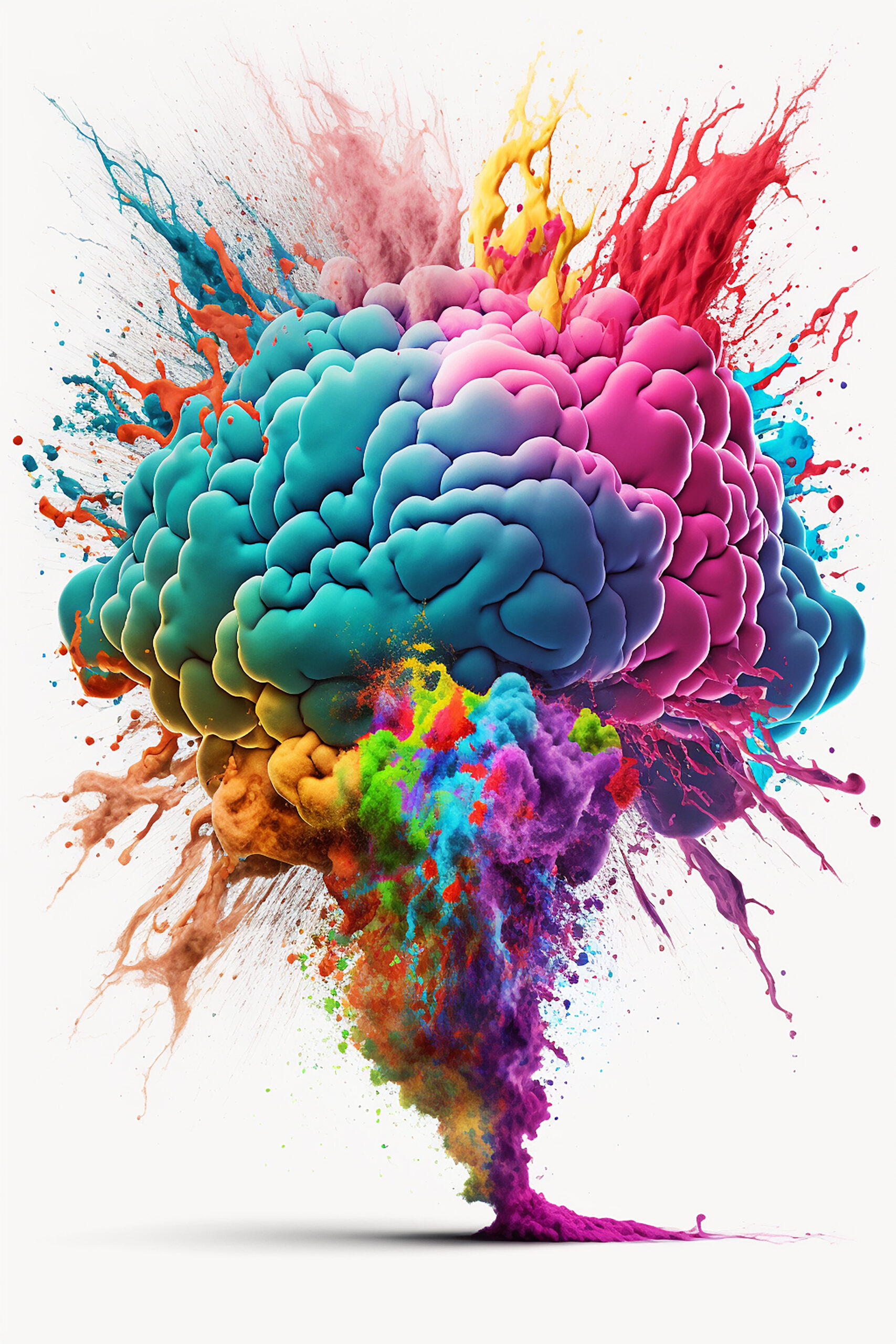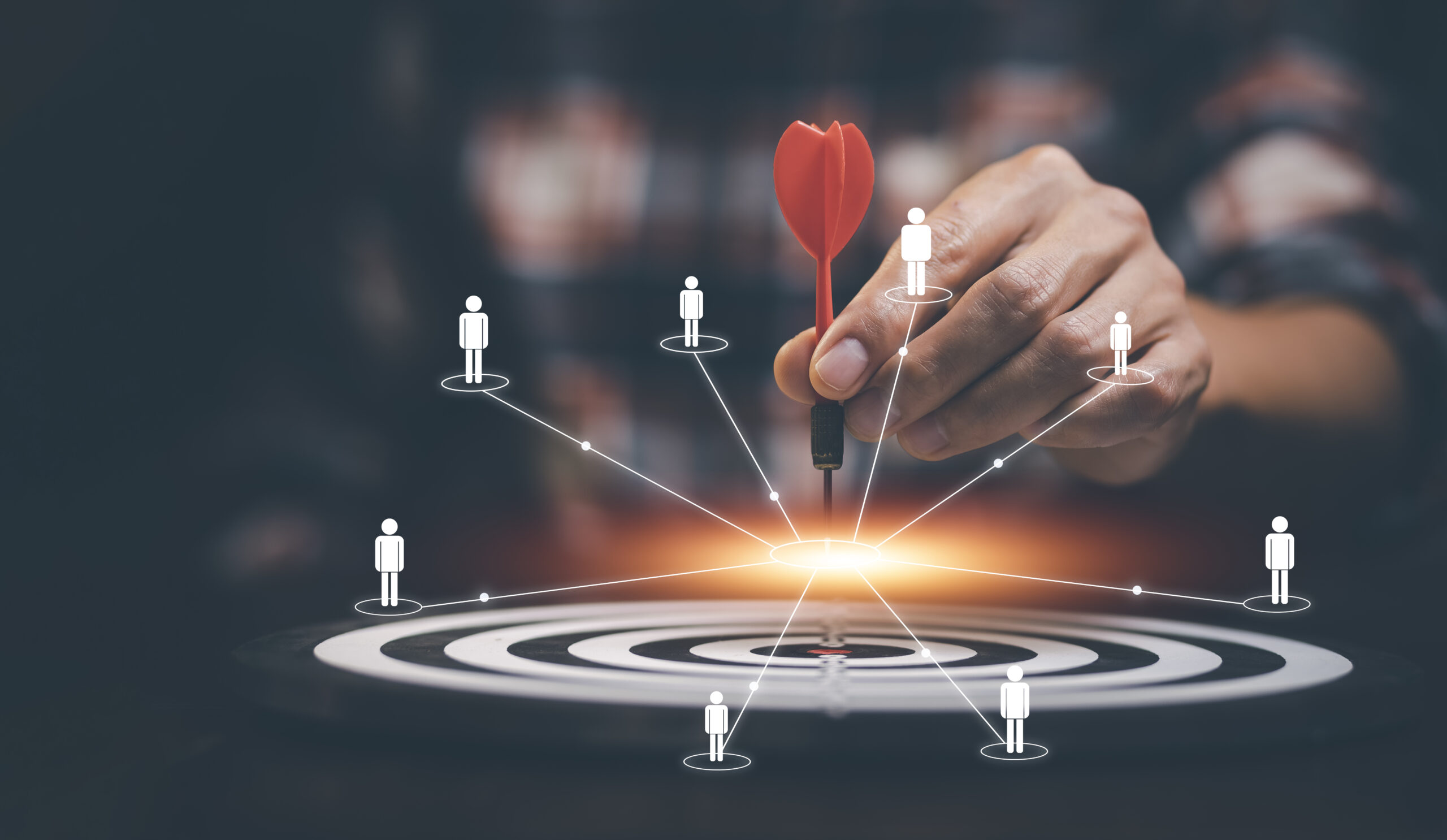Minimizing Distraction
Be Selective of All Information You Consume.
The impact of the environment on each of us can’t be understated. From the people we associate with to the content we consume through various mediums, our environment shapes our beliefs, behaviors, and attitudes. Recovery communities have long recognized this fact and have leveraged the power of positive peer influence to support ourselves in our journey towards recovery.
By surrounding ourselves with people who exhibit positive behaviors, language, and involvement in helping others, we are more likely to adopt those same qualities. However, if we are not selective or associate with the wrong crowd, the content we consume can have a significant impact on the quality of our recovery.
Consider the various forms of media that bombard us daily – from TV shows, radio programs, podcasts, targeted ads, billboards, and social media to general conversation with friends and colleagues. Each of these influences can shape our beliefs and attitudes towards addiction and recovery, and ultimately impact the success of our journey.
While it may be difficult to quantify the impact of our environment on recovery, there is no doubt that it’s significant. That’s why it’s essential for us to be mindful of the people we associate with and the content we consume to ensure that we are creating a positive and supportive environment that promotes our recovery.


The Vapor of Thought
The mind absorbs information like a vapor, and sustained abstinence and abstinence from addiction require a complete change in mindset, commonly known as a “psychic shift”.
This shift involves reacting to the world with a new perspective, which may happen suddenly for some people, but is typically a slow and gradual process. Overcoming decades of faulty brain connections requires time and patience, and researching neural plasticity or reading “The Brain That Heals Itself” by Norman Doidge can provide helpful insight.
We believe that the information we consume is as important as the food we eat, as “garbage in, garbage out” applies to both. With social media, we can mindlessly scroll through content without realizing its effects on our thought life, leading to negative self-talk and hindering sobriety attempts. To avoid this, we recommend staying off social media as much as possible, as it has been observed to impede successful recovery efforts.
Howard Rheingold
“Attention is a limited resource, so pay attention to where you pay attention.”



Evaluating Your
Circle of Concern
In his best-seller, “The 7 Habits of Highly Effective People,” Steven Covey emphasizes the importance of focusing on your circle of concern. This means actively seeking out relevant and useful information to apply to your life while minimizing extraneous and irrelevant consumption.
By recognizing attention as a limited and highly valuable resource, it becomes easier to protect it. Just as you would safeguard a valuable family vase, you must also protect your attention. It’s crucial to understand that successful recovery requires a transformation of the mind, and the mind is directly impacted by everything it consumes.
In today’s world, the availability of information is a double-edged sword. Casual consumption of information can be toxic over time, but if you are diligent and focused on what you want to consume, there is a wealth of valuable information out there. For instance, if you are involved in a twelve-step organization, there are endless tapes and recordings available on YouTube and other internet sites that you can stream to pass idle time. This is a perfect suggestion for someone who spends a lot of time in the car or commuting to work or just wants something positive and helpful in their headphones while going for a walk.
The Company We Keep
Areas of Attention to Consider

Social Media
Conversation With family/ friends/ co-workers
Podcasts
Books
TV / Shows
Targeted ADs
News
Blog Articles
Messaging Apps
RECOVER
